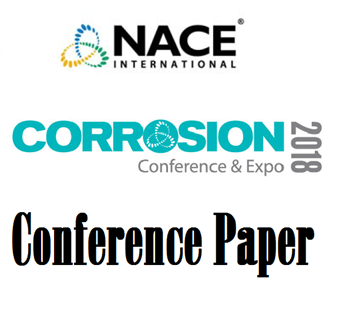Search
51312-01096-QA/QC TOOLS TO ENSURE THE QUALITY OF DUPLEX STAINLESS STEEL COMPONENTS
Also Purchased
51312-01097-Welding of Lean Duplex Stainless Steel grades: microstructure corrosion resistance and mechanical p
Product Number:
51312-01097-SG
ISBN:
01097 2012 CP
Publication Date:
2012
$20.00
51318-10568-Quality & Performance Review of Duplex Stainless Steel Products – An End Users Perspective
Product Number:
51318-10568-SG
Publication Date:
2018
$20.00
51312-01095-UNS N07725 NICKEL ALLOY CONNECTION FAILURE
Product Number:
51312-01095-SG
ISBN:
01095 2012 CP
Publication Date:
2012
$20.00




